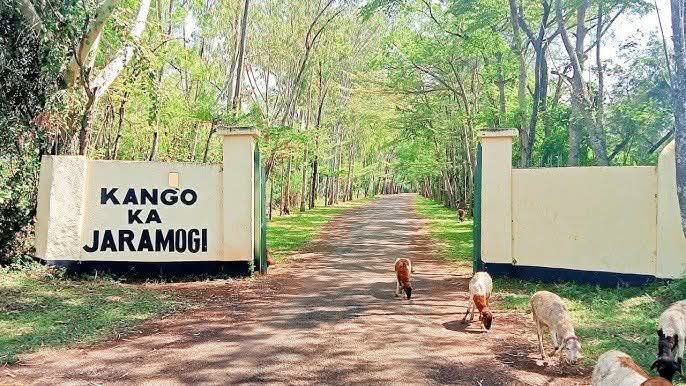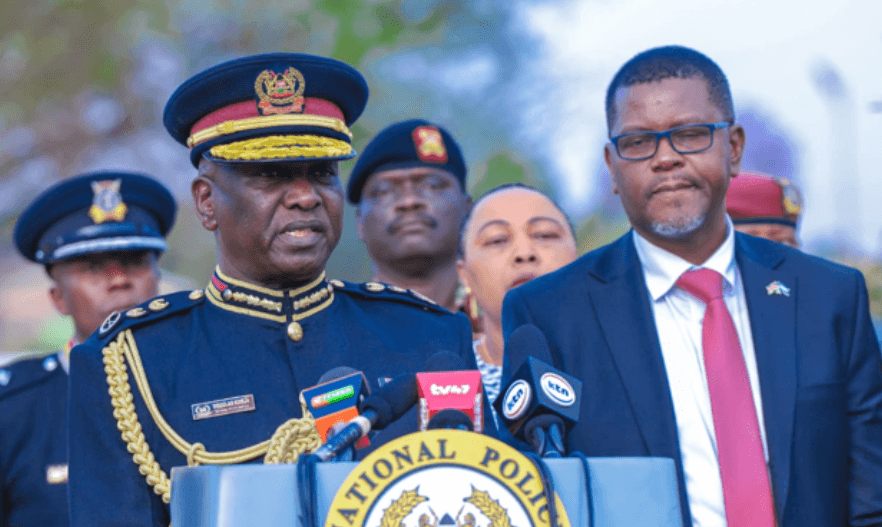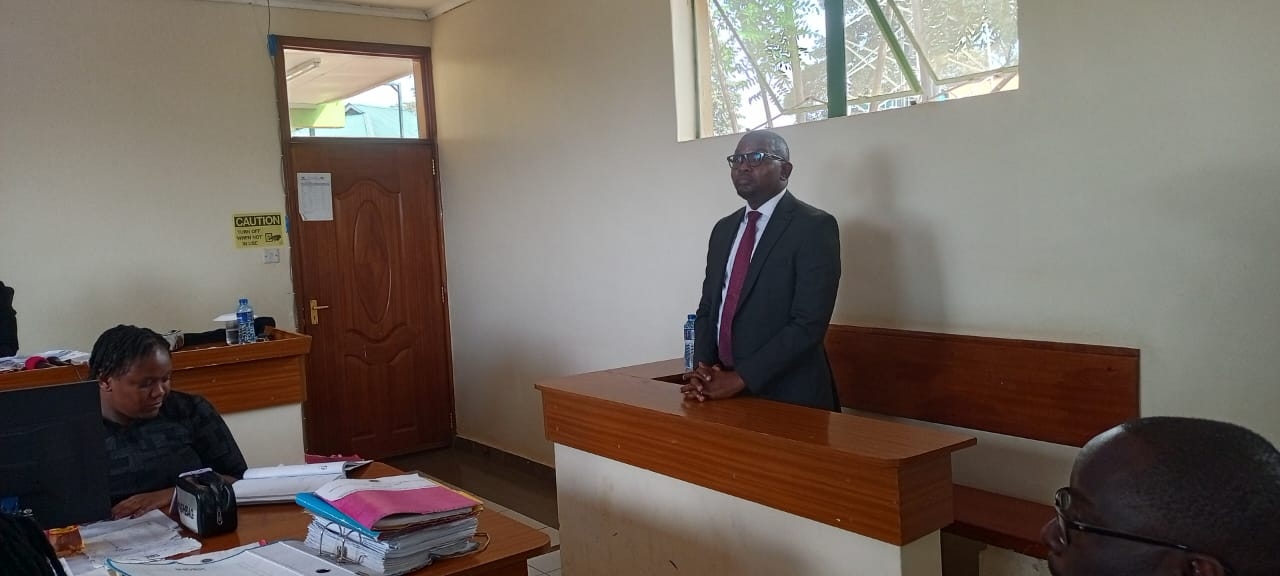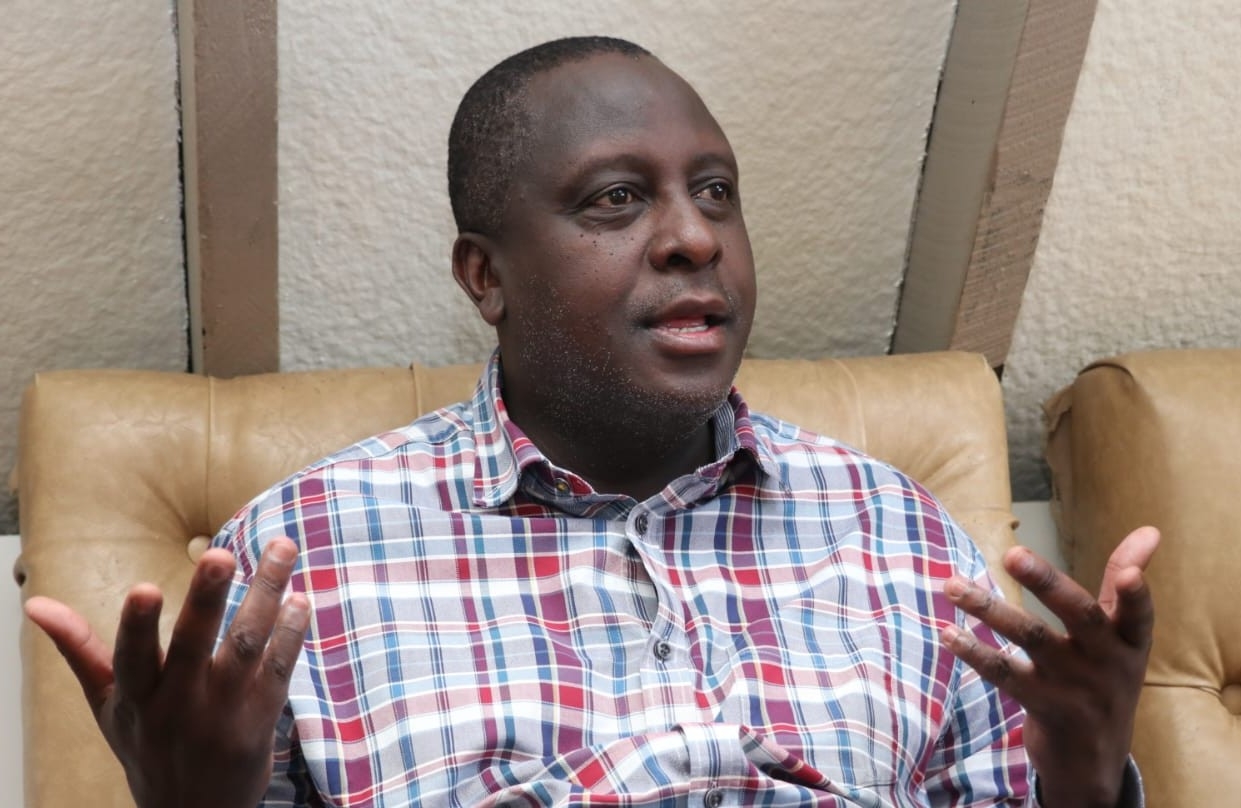

As the anticipated UN Climate Change Conference, COP 29, draws near this November in Baku, Azerbaijan, global attention is focused on its expected outcomes and the climate decisions that could shape our future.
Dubbed the "Finance COP," this gathering will bring together representatives from over 200 countries to assess the progress made in climate conservation and mitigation. However, a pressing question arises: What has been accomplished since COP 28 and the previous conferences, and what more must be done now?
As the challenges orchestrated by climate change continue to escalate, most African countries are being pushed further into poverty.
Estimates indicate that the continent loses about 2-5 per cent of its Gross Domestic Product to climate-related impacts.
For a continent that contributes the least greenhouse gases, the main factors causing climate change, you would expect that financial commitments to climate change mitigation and adaptation would be urgently honoured. But that’s not usually the case.
Due to inadequate financial resources, the impact of climate disasters is increasing.
According to a 2023 report by the World Meteorological Organization on the State of the Climate in Africa, most countries in the Horn of Africa, including the southern and Western parts, have experienced multi-year droughts, while others experience high precipitation that leads to floods, which have devastating impacts on communities and the economy of the region.
Efforts by different actors, such as NGOs in Africa, are yielding results, though on a smaller scale, necessitating an elaborate strategy to solve these challenges.
The New Quantified Collective Goal on Climate Finance estimates that Africa will need nearly $1.3 trillion each year to manage its climate-related challenges effectively by 2030.
However, despite the urgency of the situation, much of the funding promised in previous agreements has yet to be actualised. T
his has remained one of the continent's most painful aspects.
The financial resources needed to address these issues are falling short of the previous targets, increasing the disparity between the promises made and the actual funding received.
One example of unmet promises is the commitment made at COP 15 in Copenhagen, where developed nations pledged to mobilise $100 billion (Sh12.9 trillion) annually by 2020 to support climate action in underdeveloped countries.
Failing to honour this pledge has created frustration and distrust in a continent whose situation is deteriorating.
Similarly, the targets set during COP 21, which resulted in the Paris Agreement, have not been fully realized.
The agreement's goal to limit global warming to well below 2°C and ideally to 1.5°C above pre-industrial levels is increasingly out of reach due to insufficient action, particularly in climate finance.
Despite the commitments from COP 28, little progress has been made in climate financing for adaptation and mitigation.
Therefore, Africa's approach to these forums needs to be reevaluated.
Representatives from African countries must approach COP 29 with a collective request for reliable funding to address the ever-increasing climate change needs.
Negotiators must call for a shift from loan-centric financing to grants whose purpose is solely mitigating climate change challenges.
Part of these grants will then be used to develop early warning systems and early action strategies to lessen the impacts of climate disasters.
Beyond this, COP 29 discussions should include ways to ensure that commitments made during these global forums are met.
Otherwise, pledges and agreements made during these COP events will remain promises established in well-developed documents and stored online. Shouldn’t the representatives appoint strict watchdogs and implement accountability measures?
COP 29 must transform from an annual meeting into a strategic deliberative session where world leaders and all relevant stakeholders come together to discuss climate change, propose solutions, and ensure their urgent implementation.
Given the intensity of calamities and the damage they are causing, a policy-to-action plan must be developed that all stakeholders will strictly follow.
There are already foreseeable challenges ahead of COP 29.
A recent meeting of delegates in Baku, part of the deliberations leading up to COP 29, ended without a proper solution.
Besides this, there has yet to be a clear consensus on the actual amount of climate financing that developing countries will receive to secure their future.
Therefore, in COP 29, Africa must negotiate extensively to achieve its financial goals.
Representatives from these African nations must know the weight they carry as they attend the sessions.
They must negotiate for the direly needed financing opportunities to help build climate-resilient populations and protect lives and livelihoods.
Communication specialist. [email protected]













